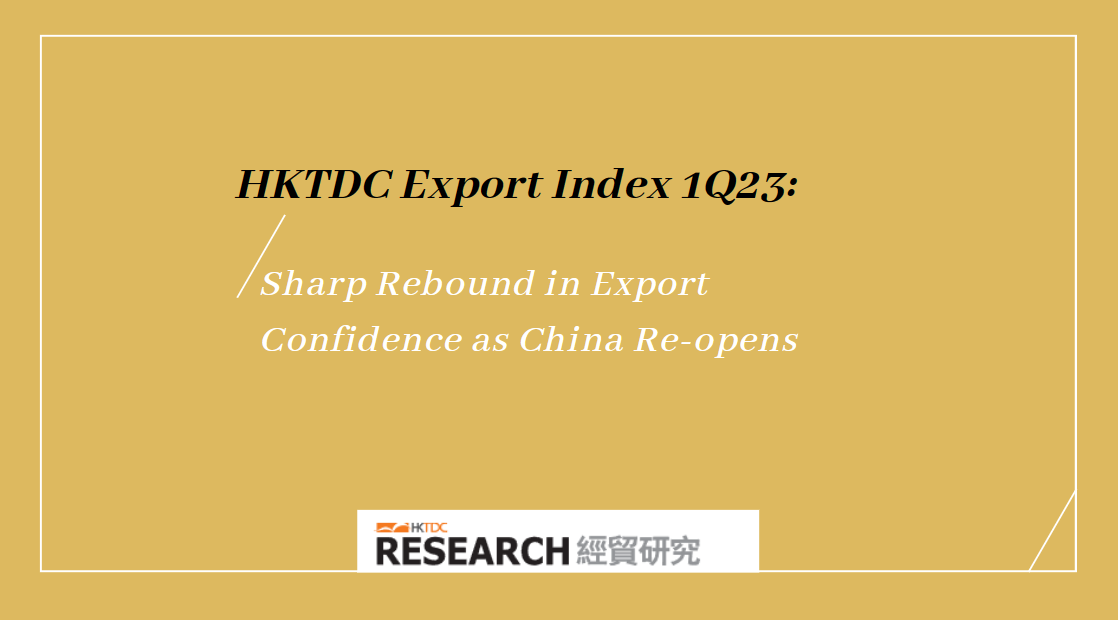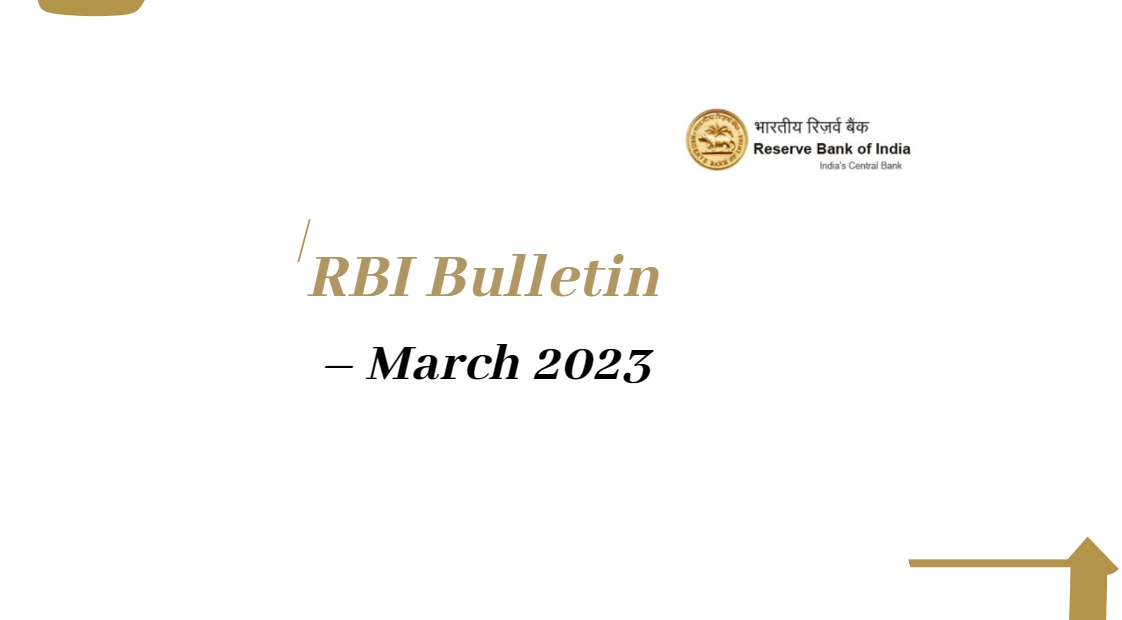China's overnight funding rate soars to 2-year high, fueled by economic rebound
The surge is being fueled by increasing financing demand as the nation's real economy is bouncing back rapidly, experts said. Market liquidity is stable, and it's unlikely to be affected by rising global financial risks triggered by bank collapses in the West.
The volume-weighted average rate of overnight repurchase agreements, or repos, traded in the interbank market rose to 2.4504 percent, the highest since February 2021, according to financial market data tracker gelonghui.com.
The surge shows that market demand for short-term funds has increased significantly, and short-term liquidity is becoming tighter in the interbank market, mostly powered by China's economic rebound, experts said.
They dismissed the possibility that rising market risks in the US and Europe have spread to China.
The surge is "in line with market expectations" amid rebounding demand for financing in the real economy and banks' credit expansion as the economy reopens, Zhou Maohua, an economist at Everbright Bank, told the Global Times on Tuesday.
An accelerated pace in the issuance of special-purpose local government bonds and rising seasonal cash demand also pushed up the overnight funding rate, Zhou said.
China reported stronger-than-expected credit growth for February, buoyed by corporate borrowing, recovering consumer confidence and investment in key infrastructure projects, offering another sign that China's economy is recovering steadily as the impact of COVID-19 wanes, experts said.
Banks extended 1.81 trillion yuan ($260 billion) in new loans in February, an increase of 592.8 billion yuan year-on-year, according to data released by the People's Bank of China (PBC) on March 10. Broad M2 money supply was up 12.9 percent from a year earlier, per central bank data. China's stable and responsible financial policies will provide reasonably ample liquidity to the market and make the world's second-largest economy resistant to overseas risks and turmoil in the US banking system, triggered by the sudden collapse of Silicon Valley Bank, experts said.
The PBC announced on Friday that it would cut the reserve requirement ratio for financial institutions by 0.25 percentage points to 7.6 percent, effective from March 27.
The move is aimed at pushing the reasonable growth of the economic aggregate and effective improvement of economic quality, keeping the banking sector's liquidity at a reasonably sufficient level, and enhancing the level of policies serving the real economy, the PBC said.
"It signals the central bank's efforts to maintain reasonably ample liquidity and market liquidity should not be a problem," Zhou said.
Zhou said that China will continue to follow proactive fiscal policy and prudent monetary policy, and the central bank will continue to use a variety of tools flexibly to withstand external fluctuations.






















































First, please LoginComment After ~